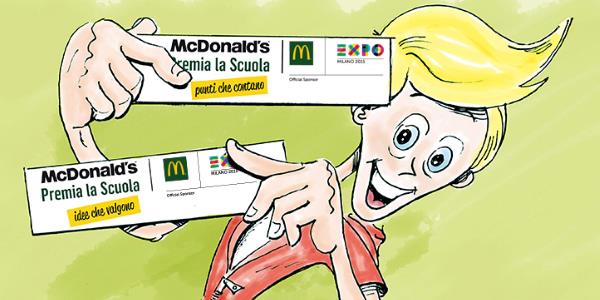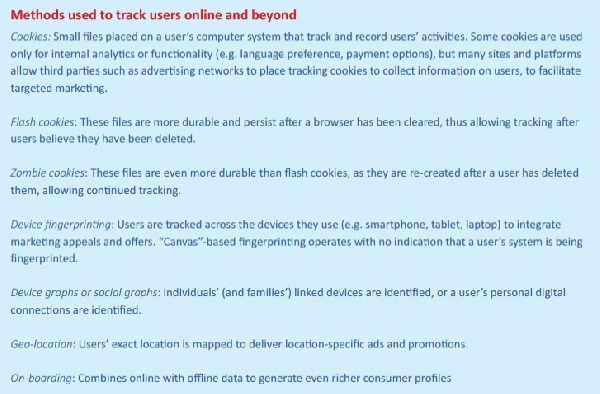In a new report, the World Health Organization puts a black cross on all those commercials from which children and adolescents are bombarded, in spite of ourselves, via the internet and digital.
Don't store avocado like this: it's dangerousFar away the junk food dai children. This is the warning launched in recent days by theWHO that in a new report puts a black cross on all those commercials from which children and adolescents are bombarded, in spite of ourselves, through Internet and digital. If, in fact, the junk food advertising it has mostly been eliminated from the mainstream media, now it is from Whatsapp And in the games of our smartphones that pop out.
Web and new media under accusation, therefore, because the crafty companies have understood this and now they reach the people of the little ones directly on smartphones or tablets where they are depopulated with marketing which offers foods rich in fat, salt and sugar.
READ also: CHILDREN AND OBESITY: THE FAULT OF ADVERTISING?
It is a mere mathematical calculation: on the net the YouTube's ADS, but click on them, has a much lower price and is also more effective, because it can take advantage of theinteractive , personalized messages and trigger social. But also of promotional emails or sms or of the same company sites that offer “nice” games or gadgets immediately as a gift for children.
READ also: Mc Donald's vs Pizza: the counter-spot in favor of pizza from Naples
Advergaming and other fast food strategies
THEadvergaming it is a strategy according to which a brand is promoted through video games in which the characters consume the food to be advertised: messages about products are conveyed through online games.
Il viral marketing it is word of mouth that only apparently occurs from consumer to consumer, but which is actually guided from above. With the user-generated marketing, on the other hand, the public can interact with the company, perhaps indicating their preferences on the characteristics of a particular product, while then the apps that hide advertisements of unhealthy food products. In these cases, with the geolocation using GPS of mobile devices, children can be invited to the shops in their area to try out products for example or where it is possible to play Pokemon GO like at McDonald's in Japan.

READ ALSO: JUNK FOOD: 5 MARKETING STRATEGIES USED TO PROMOTE THE PURCHASE OF JUNK FOOD
“In the absence of effective digital media regulation in many countries, children are increasingly exposed to persuasive marketing techniques that parents may underestimate or are unaware of. Often, parents do not see the same ads or observe their children's online activities, so many underestimate the extent of the problem, ”said Joao Breda, WHO program director for nutrition, physical activity and obesity.

About two-thirds of children who are overweight before puberty will also be overweight in adulthood and, according to WHO estimates, 25% of school-age children in Europe are already overweight or obese. Everyone is at risk of remaining obese even in adulthood and more likely to develop diabetes, heart disease and cancer.
"It is the responsibility of the institutions to recognize the new threat and act accordingly," they say from the WHO, but let us remember that we parents also have our big share of responsibility. Get rid of those tablets from the hands of children and, above all, set a good example at the table and in everyday life.
Germana Carillo


























